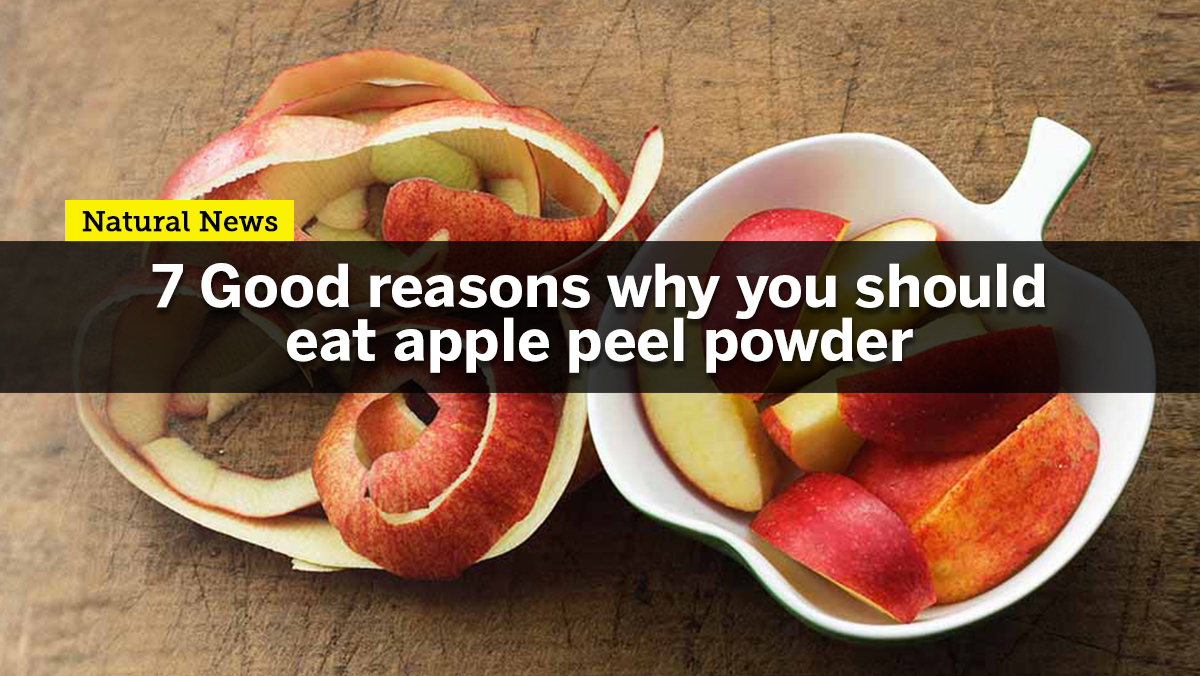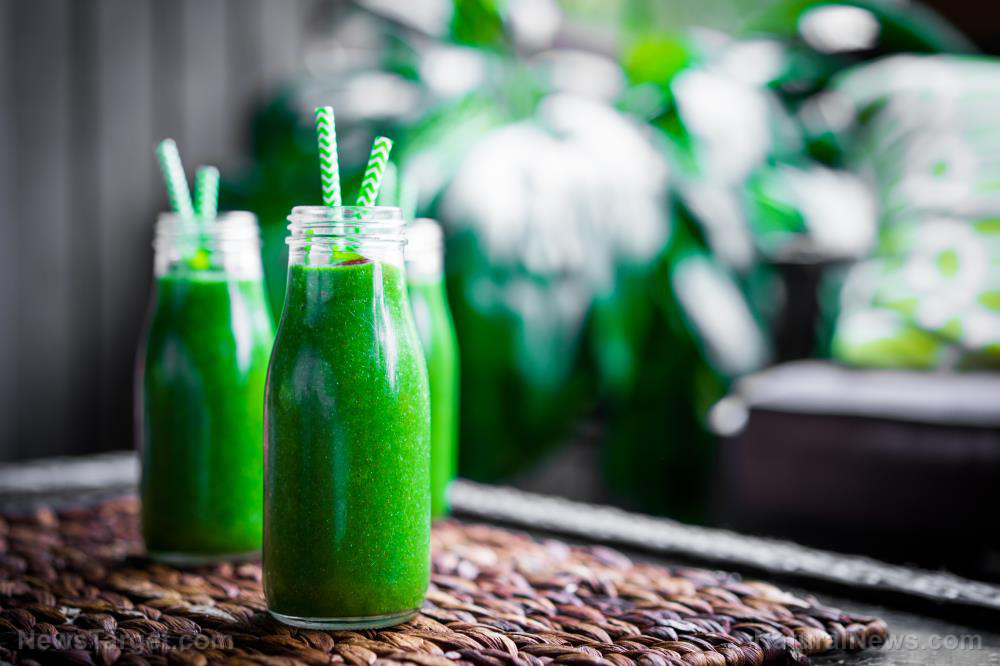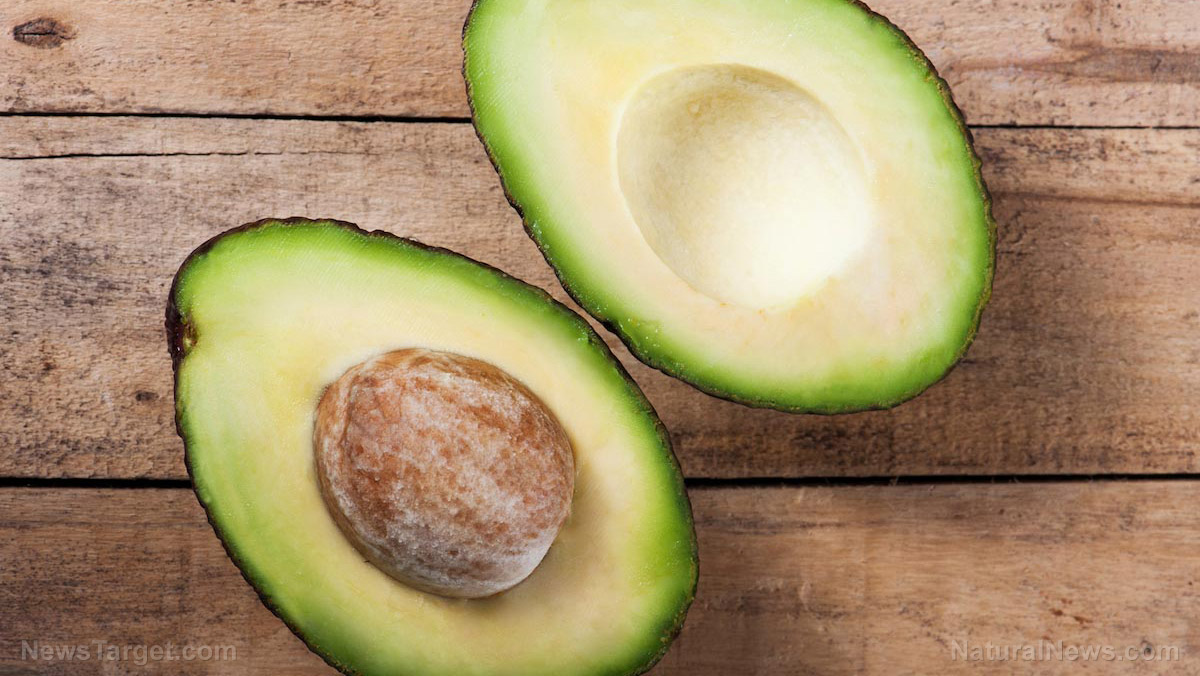Drinking juice is not as healthy as you might think: It has just as much sugar as a soda
09/02/2019 / By Edsel Cook

Fruit juice is not the least bit healthy. Not only does it lack most of the vitamins and nutrients needed by your body, but it also has the same amount of carbohydrates and sugar as soda.
Packaged juice products also contain many food additives. Artificial colors, artificial flavorings, added sugars, and synthetic vitamins are just some of the human-made chemicals found in the processed beverage. The artificial ingredients raise the calories of fruit juices even higher.
Even fresh-pressed fruit juice can be unhealthy. It contains fructose, a type of sugar found in fruits that can inflict more harm than glucose. It also lacks the dietary fiber that helps control blood sugar levels.
It doesn’t matter if the juice comes from a fresh, organically grown, and nutritious fruit. The product will never measure to the whole food because so much natural goodness got removed and replaced by artificial sweeteners and the like.
Healthcare providers usually recommend fruit juice alongside water and herbal teas. However, the drink is no replacement for water – juice undermines health instead of supporting it. (Related: Natural remedy for arthritis pain? Women who drink cranberry juice experience reduced joint pain.)
Fruit juices have almost no nutrients and too much sugar
Fruit juice lacks nearly all of the macro- and micronutrients found in the actual fruit. The few vitamins present in the beverage are often synthetic ones that are added by the manufacturer. The juice is almost all carbohydrate in the form of sugars.
The process of making fruit juice also eliminates the dietary fiber found in the fruit when it was still a whole food. Fiber controls the rate at which the body absorbs the natural sugars found in fruit. Without it, glucose and insulin levels will spike uncontrollably in response to the sudden influx of fructose sugar in fruit juice.
Four ounces of fruit juice contain more sugar than health experts recommend for daily consumption. But most people consume at least eight ounces each day since the beverage lacks the bulk that will make people feel full and reduce their intake of food. The effects get worse if a person drinks fruit juice instead of water, which is considered as bad as guzzling a couple of cans of soda.
Last but certainly not least, drinking fruit juice can make you more likely to become overweight or obese. You might even end up with diabetes.
Studies showed that children who drank calorie-rich juice were more likely to develop childhood obesity. And one evaluation conducted by Tulane University researchers in 2008 found that people who drank fruit juice experienced higher chances of Type 2 diabetes.
Try out these healthier and fun alternatives to fruit juice
There are ways to enjoy a sweet beverage without resorting to packaged fruit juice. These options get around the drawbacks of processed juice, such as the lack of fiber or an excess of sugar.
Add the pulp to freshly pressed fruit juice and drink them together. The pulp contains the fiber that regulates the absorption of fructose and glucose.
Try a fruit-based kombucha. Fermented tea contains good bacteria that improve the health of the gut and the rest of the body. Check the label to see if a kombucha brand has fruit juice, but avoid any that adds even more sugar or sweeteners to the mix.
Fruit-infused water is an excellent alternative to juice. Take a fresh fruit, slice it up, and add it to a pitcher of water. Let the pitcher cool in the fridge. The fruit slices make the water taste sweeter without the need for sugar. Citrus, kiwi, lemon, and strawberries make for great fruit-infused water.
Sources include:
Tagged Under: added sugars, artificial sweeteners, blood sugar, diabetes, dietary fiber, fight obesity, fruit juice, hydration, Kombucha, obesity, processed drinks, soda, unhealthy drinks
RECENT NEWS & ARTICLES
COPYRIGHT © 2017 GROCERY NEWS



















